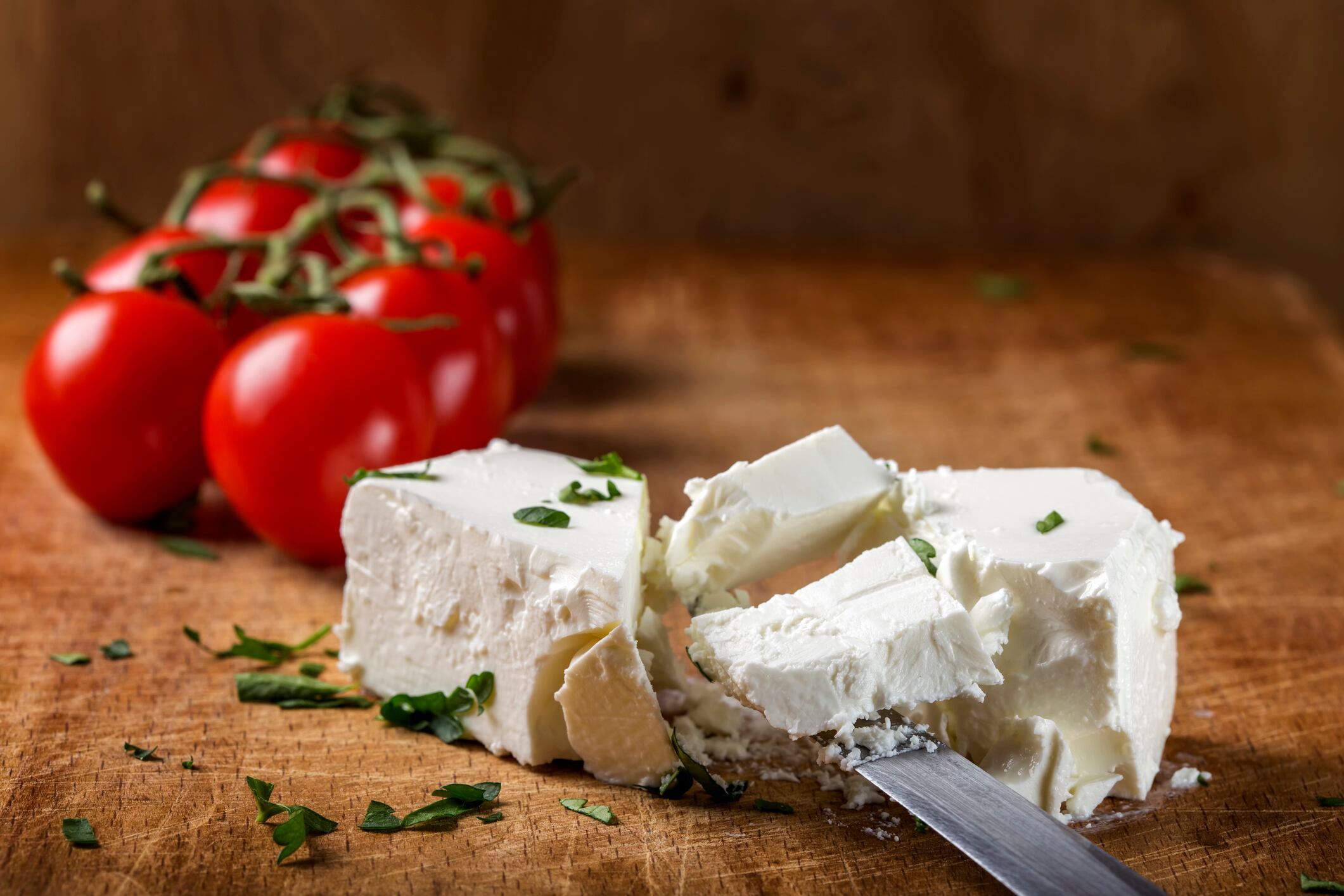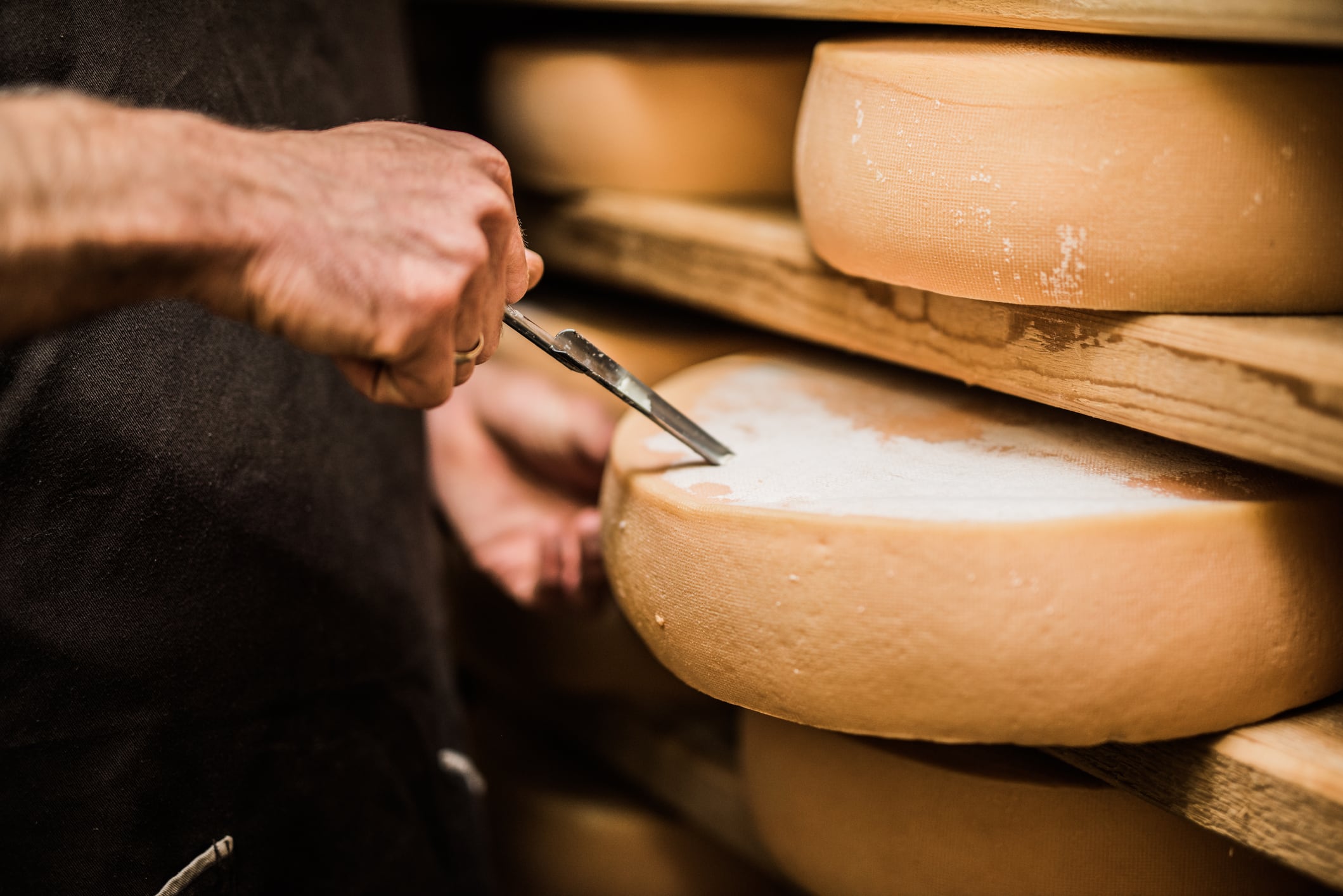Bettani Foods, formerly Climax Foods, closed on $6.5 million in Series A funding to continue innovation in the alternative dairy segment with its proprietary allergen- and animal-free casein ingredient Caseed for B2B customers.
The name change is a play on words from “better” to reflect Bettani’s mission to “create products that are truly better in every way,” with the catch phrase, “Better with Bettani,” explained Sandeep Patel who serves as Bettani’s CEO and chairman after his time as CFO for Califia Farms.
Bettani’s rebrand also reflects the company’s departure from a tech-forward approach that attracts investors but deflects consumers, Patel said.
“Most people don’t want to eat a tech product. They want to eat great tasting food” containing “natural, simple ingredients. They don’t want to be sold food products by people wearing lab coats,” he added.
From his experience at Califia, where the plant-based beverage company partnered with farmers for ingredient sourcing, Patel explained that Bettani similarly positions itself to build relationships with farmers to develop Caseed.
Bettani Farms closes on Series A funding to continue scaling Caseed and team
Earlier this month, the company closed $6.5 million in Series A funding along with hiring Patel as CEO and chairman.
The round was led by S2G Investments, along with investments from At One Ventures, Gratitude Railroad, Manta Ray Ventures and Toba Capital.
Patel also is joined by industry professionals, including Rajiv Dave, SVP of R&D and formerly Califia Farms, Nestle and Great Lakes Cheese; Tom Zilligen, SVP of sales and formerly NUMU, Pacific Foods and Schwann; and Maxwell Brown, process engineer, who was previously with Meati and Ingredion.
Caseed: An allergen- and animal-free casein for plant-based dairy
Bettani’s star ingredient, Caseed, mimics dairy casein’s mouthfeel and functionalities without the allergenic effects of nuts, soy or dairy to offer a creamy texture, neutral flavor profile and white color, according to the company. The ingredient can be used to create plant-based versions of cheeses like feta, goat, cream cheese, brie and blue.
Caseed, which is projected to have self-determined Generally Recognized as Safe (GRAS) status by the end of the year, is sourced from regenerative, seed-producing crops and produced via a proprietary technique. Bettani plans to share more details around the crops by Q1 next year.
“We’ve identified certain proteins in the field crops that make seeds,” which are isolated and transformed to “act like dairy casein without creating the exact molecule the way precision fermentation approaches do,” Patel said.
Traditionally, precision fermentation is the most common method to produce animal-free casein, with companies like Dairy X, New Culture and New Moo using the process for their lactose-free caseins. However, not all precision fermentation and casein products are alike, according to some experts.
Dairy X, for example, uses gelation micelles (gel-like structures) to grow the protein in yeast, which helps create the stretch, creaminess and smoothness of cheese and avoid the need for additives in plant-based dairy products.




